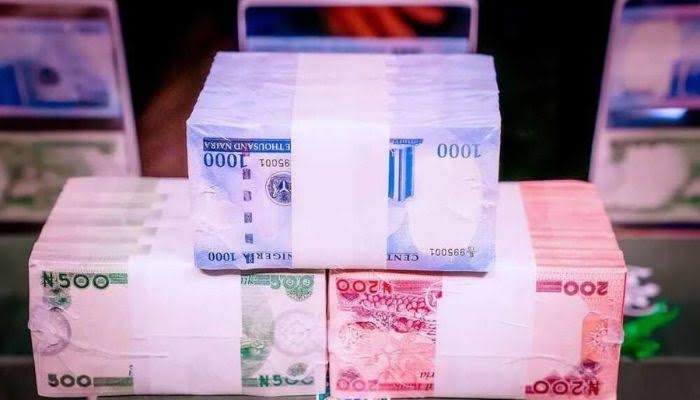June 05, 2025
Nigerian Stock Market extends bull run with N483bn two-day gain
by Super User
The Nigerian stock market has demonstrated remarkable resilience with a sustained upward trajectory over two…
June 02, 2025
Afenifere blasts Tinubu: ‘Midterm report shows woeful failure, economic deforms, and rising despair’
in POLITICS
by Super User
The pan-Yoruba socio-political organization, Afenifere, has issued a scathing midterm assessment of President Bola Tinubu’s…
June 05, 2025
Money rituals and our African traditional religions - Abimbola Adelakun
in Opinion
by Super User
…
June 05, 2025
This is the process that lets managers get the best out of their team
in FEATURES
by Super User
Frans Van Loef What does it mean to be a manager? In today’s world, managers…
May 31, 2025
Tools made of whale bones reveal inventiveness of prehistoric people
in Strangely
by Super User
Artifacts found at archeological sites in France and Spain along the Bay of Biscay shoreline…
June 05, 2025
NCC warns DJs: Unlicensed music use could lead to 5-year jail term
in Crime
by Super User
The Nigerian Copyright Commission (NCC) has issued a stern warning to disc jockeys (DJs) against…
June 05, 2025
What to know after Day 1197 of Russia-Ukraine war
in WARS
by Super User
RUSSIAN PERSPECTIVE Kiev regime ‘not interested in peace,’ turning to terror, suffering ‘huge losses’ on…
June 02, 2025
Opportunities and challenges unveiled: How AI revolutionizes education and mental health support
Terence Ma Tin Shu Play time helps both kids and adults in prevention and healing…
May 13, 2025
Nigeria's Flying Eagles qualify for World Cup after dramatic win over Senegal
in Sport
by Super User
Nigeria's U-20 national football team, the Flying Eagles, have secured their place at the 2025…

































































